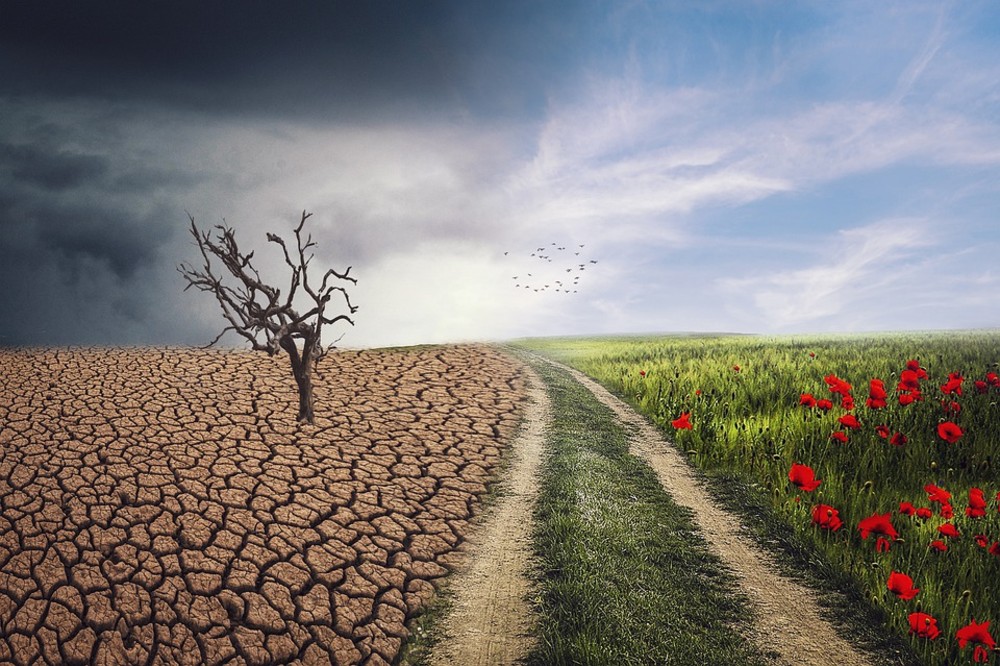The conversation about climate change is being hindered by a social barrier, which prevents people from admitting it is real. The greatest threat in the implementation of policies to reverse the negative effect of climate change is also people unwilling to accept scientific facts regarding the matter.
Striking a conversation about climate change and what needs to be done on the streets or with friends does not always generate a positive conversation. The majority of people are still in denial that the effects of regional climate patterns are real and happening fast. They are willing to ignore the facts and changes they have seen happening over the years.
The social barrier as a hindrance to fighting climate change
Prof Stephen William, a James Cook University ecologist, while talking to fourth generation graziers west of Townsville a few years ago noted this was a problem. He realized that the conversation went downhill and nothing he could do. He noted that, although the graziers were able to pinpoint various weather patterns that had changed, they were not prepared to admit climate change as a fact.
In fact, a lot of graziers admitted that the weather and properties had become harder to manage than their great grandfather’s time. Williams admitted that the conversation is an example of the social barrier that exists among Australians on solving effects on changes in regional climate patterns.
He said, referencing the graziers,
One side of his personality denied climate change was real, yet he fully recognised the climate had changed.
The same conclusion was reached by the now defunded National Climate Change Adaptation Research Facility. In their research that involved interactions with more than 2,000 scientists and eight years of study, they concluded that social barriers should be given the highest priority while solving changes in regional climate patterns.
Williams who was the coordinator of the facility’s natural ecosystem network, covering climate impacts on land and a lead author of the study says,
They all recognised that the only way we were going to get anything important done was to get the whole of society on board, Social barriers came out as the most highly ranked question to answer. There are all sorts of social barriers to us adapting to climate change.
Williams admits that the fight against climate change has to be fought on all fronts. He admits that ignoring the social factor may have a negative effect during the implementation of climate change policies. Therefore, social barriers have to be removed to ensure a swift course of action to combat effects of changes on regional climate patterns.
What should we care about climate change?
The term means a change in global or regional climate patterns, in particular, a change apparent from the mid to late 20th century onwards and attributed largely to the increased levels of atmospheric carbon dioxide produced by the use of fossil fuels.
Global temperatures and sea levels are rising, and possibly contributing to larger more devastating storms. These can all be contributed to climate change.
As the climate warms, it changes the nature of global rainfall, evaporation, snow, streamflow and other factors that affect water supply and quality. Specific impacts include: Warmer water temperatures affect water quality and accelerate water pollution.
featured image by Pixabay







